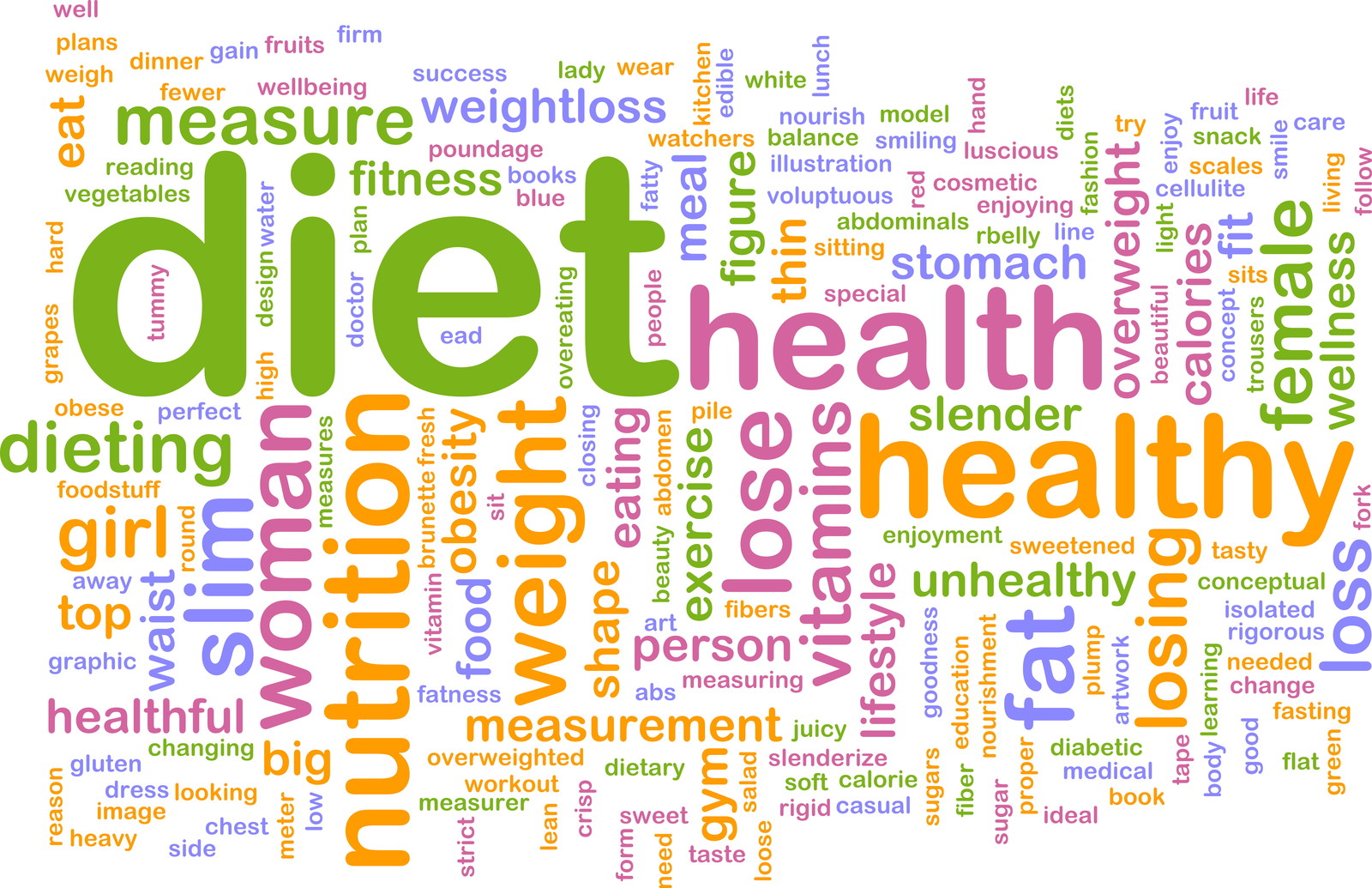[ad_1]
I guess the important words here are “weight control”. In order to lose fat and get fit, you have to be prepared to control your weight. This involves 3 steps that combine good diet advice and fitness tips.
You need to
1. Take off the excess kilos,
2. Improve your diet and exercise habits and
3. Monitor yourself closely in order to prevent regaining the flabby flesh you fought so hard to burn off.
There is quite a bit of effort involved in changing your shape, size and fitness levels for the better. The results are well worth the effort, but results come at a price.
Best diet advice: You have to cut out the vast majority of saturated fats from your diet. You have to plan your meals in advance ensuring that you don’t go crazy over simple carbs. In fact, you really have to take the time to learn about saturated and unsaturated fats, simple and complex carbs and the role of protein and supplements in a balanced diet.
Best fitness tips: You must work out a sensible daily exercise habit that can work for you. You need to spend 30 minutes to 1 hour a day getting yourself moving and sweating in order to see some good results for your body.
Until you are ready to take responsibility for your current shape and size you are not going anywhere health and fitness wise. Blaming the major fast food chains, a hectic daily schedule or your genetics will get you exactly nowhere fast. It does not give you any sort of mindset or commitment to taking charge of your problem.
You are the one who chooses what you put in your mouth. You are the one who chooses to exercise or skip it. You are the one who is not happy with being overweight. Only you can take charge of your unsatisfactory situation and change it for the better. The fat loss fairy or the fitness genie are not going to magic away your cares and troubles with no effort on your part.
Weight control means that you are in control – believe it and believe in your ability to change your dietary and exercise habits in order to improve your lifestyle, fitness, overall health and daily mood.
Sure, long ingrained habits are as hard to dissolve as ink stains in your favorite blouse. But while you can with some regrets throw out your favorite blouse and buy a new one, you are rather more permanently attached to your body.
[ad_2]
Source by Rosie Peters
